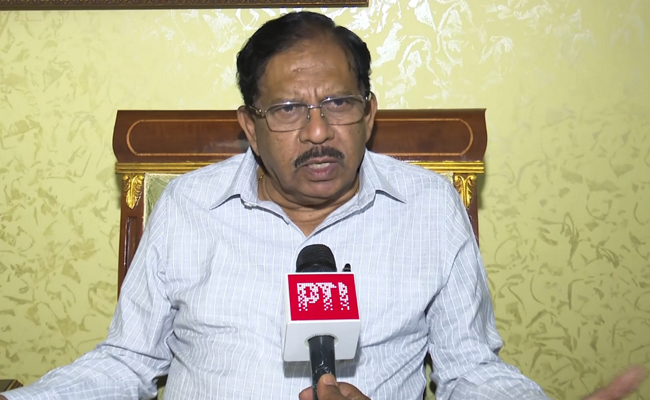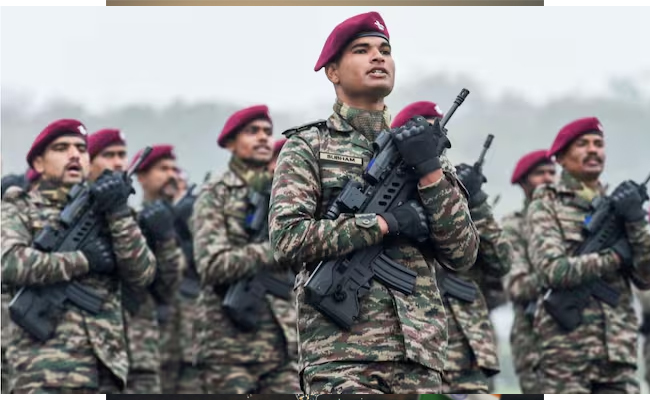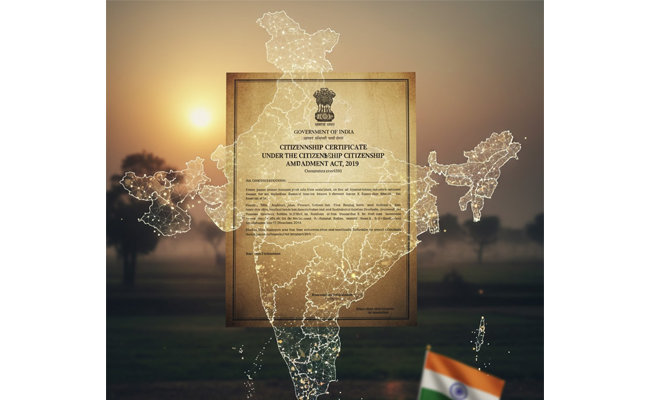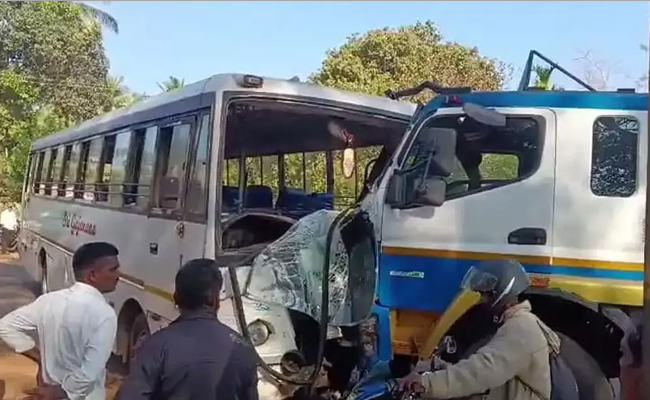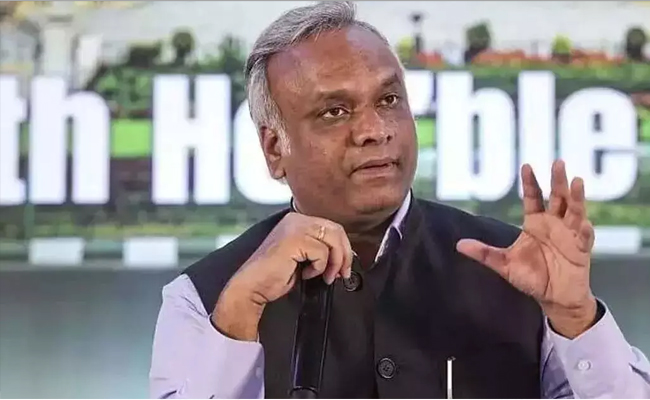Bengaluru: Karnataka is set to become the first Indian state to appoint a Director General of Police (DGP) to oversee cybercrime investigations, Home Minister G Parameshwara announced. The decision follows a proposal submitted by the Karnataka police, which the state government has accepted. This DGP will head the Cyber Economics and Narcotics (CEN) crime wing, which will be separated from the Criminal Investigation Department (CID) to create a dedicated unit.
The state already has four DGPs overseeing various departments, including the CID, Fire and Emergency Services, and Prisons. This new role will add a fifth DGP position focused exclusively on cybercrime, with an Additional Director General of Police (ADGP) and Inspector General of Police (IGP) supporting the DGP. Additionally, seven Superintendents of Police (SPs) will manage cybercrime investigations across the state's regions.
Cybercrime rates in Karnataka have surged dramatically, with Bengaluru alone losing Rs 1,242.7 crore to cyber-related offences in just the first eight months of this year, surpassing losses recorded over the past three years combined. Bengaluru has also reported 12,356 cybercrimes through August, following 17,633 cases in 2023.
Highlighting the diversity of cybercrimes, Parameshwara noted these go beyond financial fraud to include fake news, harassment, and data theft. He emphasised the need for specialised expertise and senior oversight to tackle such crimes effectively.
The CEN wing's independence aims to enhance coordination among police units, both within Karnataka and with other states, by establishing a dedicated channel for inter-agency communication.
Let the Truth be known. If you read VB and like VB, please be a VB Supporter and Help us deliver the Truth to one and all.
Dehradun(PTI): After undergoing rigorous training at the Indian Military Academy (IMA) in Dehradun, 491 cadets participated in a grand Passing Out Parade on Saturday and will now be commissioned as officers in the Indian Army.
The spectacular parade, held at the historic Drill Square in front of the academy's Chatwood Building, was reviewed by Army Chief General Upendra Dwivedi, who served as the reviewing officer.
Along with 491 Indian cadets, 34 foreign cadets from 14 friendly countries also participated in the Autumn Term 2025 Passing Out Parade.
A total of 525 officer cadets from the 157th Regular Course, 46th Technical Entry Scheme, 140th Technical Graduate Course, 55th Special Commissioned Officers Course, and Territorial Army Online Entrance Exam 2023 Course participated in the Passing Out Parade.
The 'Sword of Honour' and gold medal for securing first place during training was awarded to ACA Nishkal Dwivedi, the silver medal to BUO Badal Yadav for second place, and the bronze medal to SUO Kamaljeet Singh for third place.
The silver medal for securing first place in the 'Technical Graduate Course' was awarded to Officer Cadet Jadhav Sujit Sampat, and the silver medal for first place in the 'Technical Entry Scheme-46' was awarded to WCC Abhinav Mehrotra.
The silver medal for the 'Special Commission Officer Course' was given to Officer Cadet Sunil Kumar Chhetri.
Among the foreign cadets, the first place in merit was secured by JUO Mohammad Safin Ashraf from Bangladesh. The Army Chief's Banner for overall best performance in the Autumn Term was awarded to Imphal Company.
As the parade concluded, helicopters showered flowers on the newly commissioned officers from the sky.
On this occasion, General Dwivedi congratulated the new officers in his address for successfully completing their training. He praised the young officers for their high level of discipline, leadership qualities, and endurance, and urged them to uphold the glorious traditions of the Indian Army and serve the nation with loyalty, commitment, and honour.
General Dwivedi said that joining the army marks the beginning of a lifelong duty and selfless service.
The parents and guardians of the newly commissioned officers were also present during the passing out parade.

